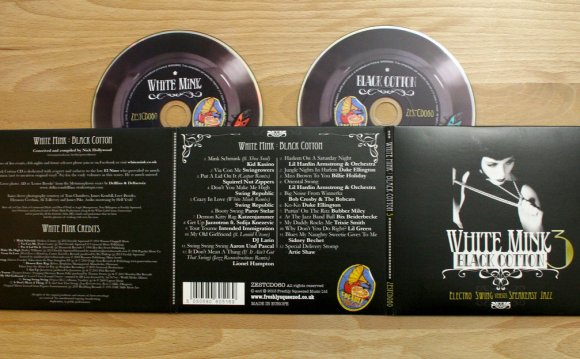
 The cover of Singin' the Blues, Vol. I hide caption
The cover of Singin' the Blues, Vol. I hide caption
[MUSIC]
MURRAY HORWITZ, United states Film Institute: A.B. Spellman, we state this so much so it has grown to become cliche, but jazz history is simply too high in gifted musicians just who died way too early. There's no way around it, with these days's entry into our NPR Basic Jazz Record Library. That's the cornetist Bix Beiderbecke, right here from the Columbia Masterworks two-volume version Singin' the Blues and also at the Jazz Band Ball.
A.B. SPELLMAN, National Endowment the Arts: Murray, whenever you talk about jazz trumpet or cornet into the 1920s, you begin with Louis Armstrong, then chances are you get right to Bix Beiderbecke. Today, Bix had been nowhere close to the celebrity that Louis was in their time. Plus, Louis existed for enough time to work with artists who'd swept up along with his innovations, while Bix never ever managed to make it regarding his 20s, so their records constantly seem like Stravinsky superimposed on ancient songs.
HORWITZ: We didn't hear it right there, but on that slice "Singin' the Blues, " Bix ended up being working together with his change pride, the saxophonist Frankie Trumbauer. Today Trumbauer had been the flipside of Beiderbecke, exactly what Bix was not — sober, and businesslike.
SPELLMAN: in which he ended up being an essential musician in his time, Murray. Benny Carter as soon as scored a Trumbauer solo for an entire reed area. But Trumbauer's songs elderly and faded, while Beiderbecke's remains fresh and sparkling these days. Hear how gorgeous their tone is, how razor-sharp their phrasing is, how higher level their rhythm is, and his feeling of energy in "i am Coming Virginia."
HORWITZ: you realize, we probably don't think adequate about how exactly racial segregation inhibited imaginative development, but it really is a shame that Bix Beiderbecke never ever got to fool around with the fantastic black colored groups of time. The outcomes might have only already been marvelous.
SPELLMAN: undoubtedly about any of it. Anybody which could play a solamente such as this ended up being full of heart.
HORWITZ: That's the noise of Bix Beiderbecke, and we also've already been discussing their two-volume set on Columbia Masterworks, Singin' the Blues and also at the Jazz Band Ball. They're an important element of your NPR fundamental Jazz Record Library, supported, partly, by a grant through the Wallace Reader's Digest Fund. For NPR Jazz, I Am Murray Horwitz.
INTERESTING VIDEO











